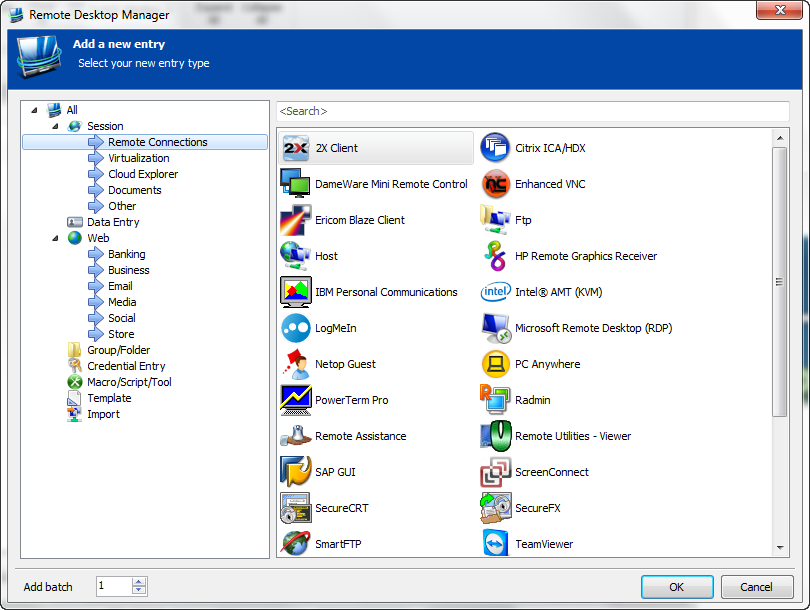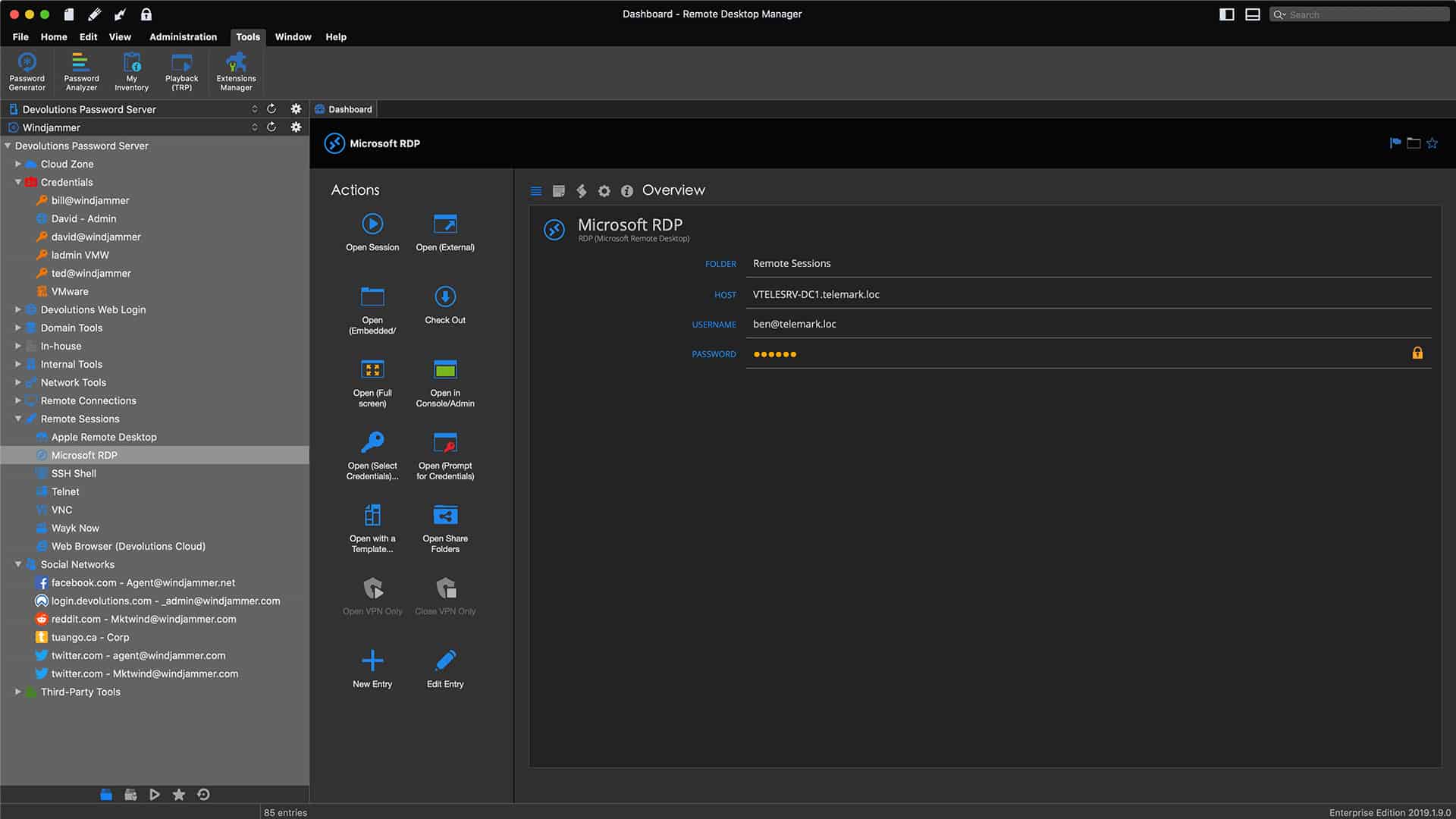


However, Remote Desktop Connection Manager has several critical limitations in an enterprise desktop environment. Many companies use Microsoft’s Remote Desktop Connection Manager for their remote Windows management requirements. In this post, you’ll learn about some of the challenges of using Remote Desktop to manage your enterprise servers and then see some of the best ways that you can address these issues. This kind of control and interactive display is essential when you’re trying to troubleshoot problems or configure systems remotely. Your mouse and keyboard actions are sent to the remote system and the interactive session allows you to operate and troubleshoot the remote system very much like you are sitting at a local display. Remote Desktop opens a window on your local system that contains the desktop of the remote system that you connect to. Remote Desktop enables you to start an interactive session with a remote system that has been configured to allow Remote Desktop access. For Windows IT administrators the Remote Desktop is the primary tool that the vast majority of IT administrators use every day for these necessary remote management tasks. Many times, these systems reside locally as well as in remote locations and in the cloud. These systems can be physical systems or they might be VMs. In today’s corporate environment IT administrators typically need to manage many different remote systems.


 0 kommentar(er)
0 kommentar(er)
